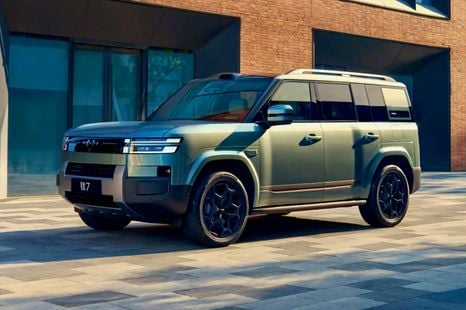

Ben Zachariah
Denza B7 looms: BYD’s new extended-range EV off-roader gets local tuning
10 Minutes Ago

Journalist
The Rivian R2 will be the startup automaker’s second all-electric model which, with its more compact size and price tag, is hoped will boost the brand’s reach and propel it towards profitability.
The company took to its social media accounts, including Threads, this week to announce it will reveal the R2 on March 7, US time. Deliveries of the R2 aren’t expected until 2026, though.

Unfortunately we don’t know much about the R2 at this stage, except that it will be a smaller SUV, and will likely be pitched against the Tesla Model Y.
Pricing for the Model Y in the US starts from US$43,990 ($67,800) for the base rear-wheel drive model, and the range is eligible for a US$7500 ($11,600) federal tax credit and possibly other state incentives.
Assuming the R2 is priced to compete with the Model Y, it will be much more affordable than the R1S, which starts at US$78,000 before taxes for the dual-motor all-wheel drive model with the standard battery pack.
Measuring 5100mm long and riding on 3076mm wheelbase, the three-row R1S is about 100mm longer overall than a Toyota LandCruiser 300 Series.
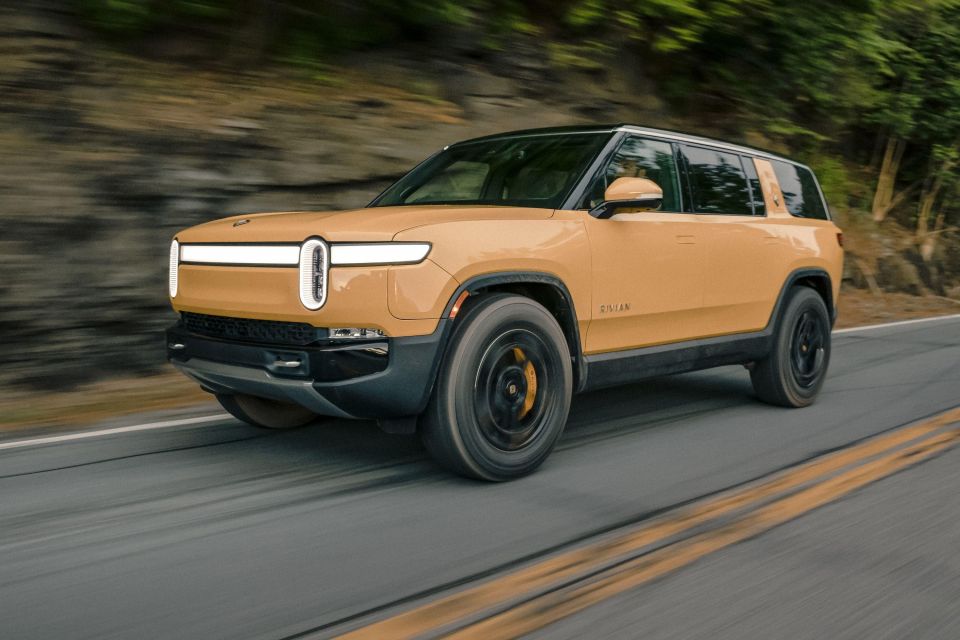
Rivian has yet to confirm sizing, but it’s probably safe to assume the R2’s footprint will be comparable to the Model Y, which is 4751mm long on a 2891mm wheelbase.
The new R2 will likely have a boxy body modelled on the larger R1S, which should make it more practical and capacious than the crossover coupe-esque Model Y.
Reports indicate the R2 will be built on a new platform that will be less complex and cheaper to the produce. It’s unknown if the R2 will have a monocoque structure, or a body-on-frame setup like the R1S and R1T.
While the larger R1S SUV, and R1T ute are built in Normal, Illinois at a factory that used to churn out Mitsubishi and Chrysler cars, the R2 will be produced in a new factory outside of Atlanta, Georgia.
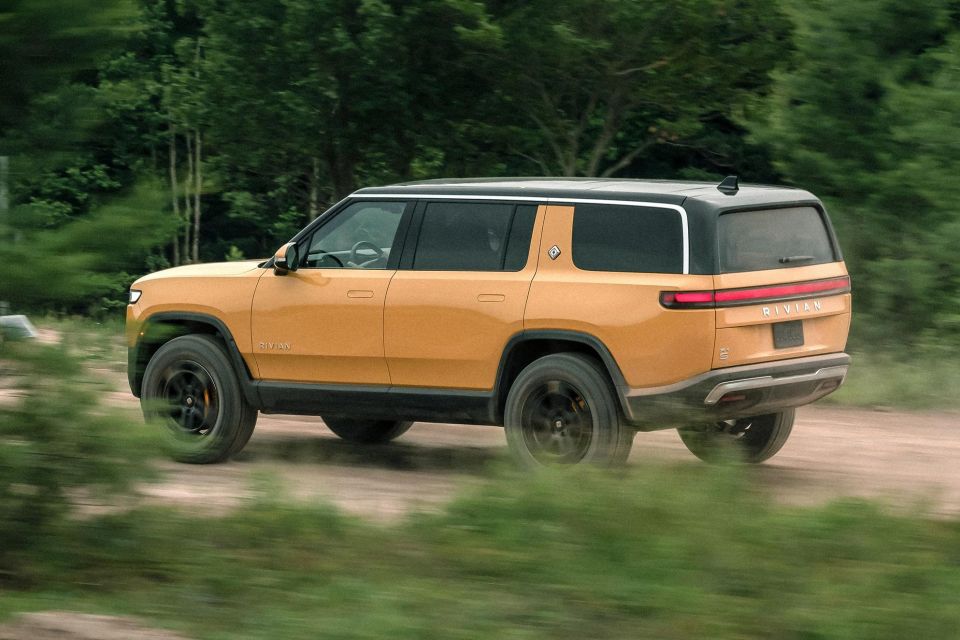
In the middle of 2023, Rivian confirmed it, like Ford, GM and most other EV manufacturers, would adopt the Tesla-developed NACS plug. This means it’s possible the R2 will come out of the factory gate with a NACS port, and native access to Tesla’s Supercharger network.
The new R2 will also be able to charge through Rivian’s own Adventure Network charging stations, as well as third party networks via an adapter.
Last year Rivian sold 47,203 vehicles in the US, an increase of 244.6 per cent over 2022 when it moved 13,699 units.
Of these, 23,437 were R1S SUVs (up from just 800 in 2022), and 19,410 were R1T pickup trucks (up from 9900). The remainder (4356) were EDV delivery vans primarily destined for major shareholder Amazon (up from 2999).
Go deeper on the cars in our Showroom, compare your options, or see what a great deal looks like with help from our New Car Specialists.
Derek Fung would love to tell you about his multiple degrees, but he's too busy writing up some news right now. In his spare time Derek loves chasing automotive rabbits down the hole. Based in New York, New York, Derek loves to travel and is very much a window not an aisle person.


Ben Zachariah
10 Minutes Ago
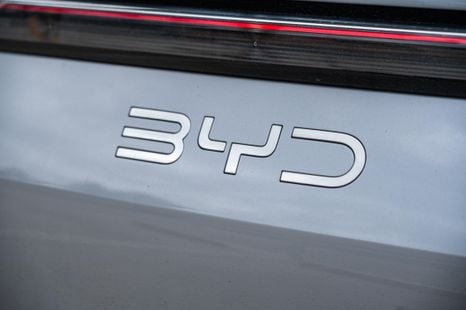

Ben Zachariah
10 Minutes Ago
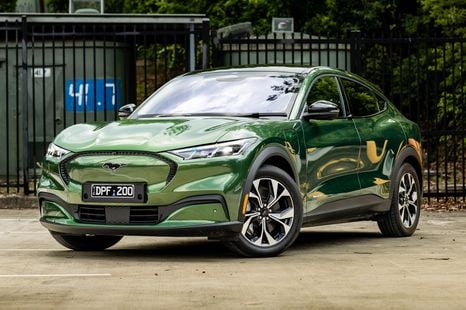

Matt Campbell
10 Minutes Ago
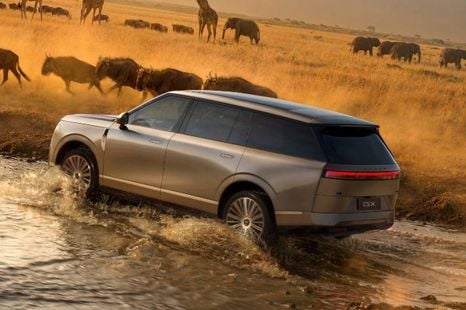

William Stopford
7 Hours Ago
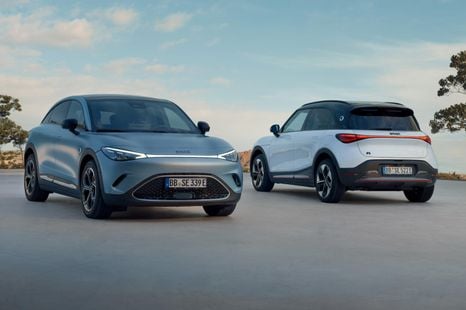

Damion Smy
9 Hours Ago
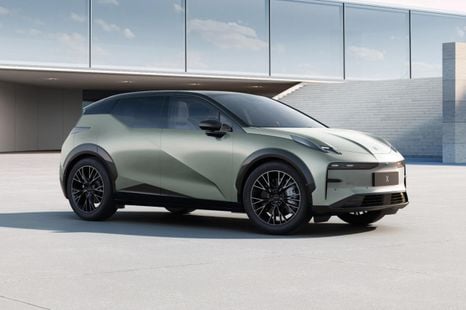

William Stopford
9 Hours Ago